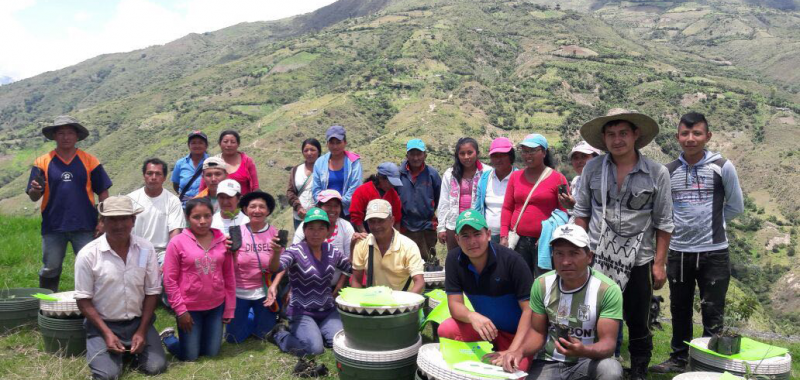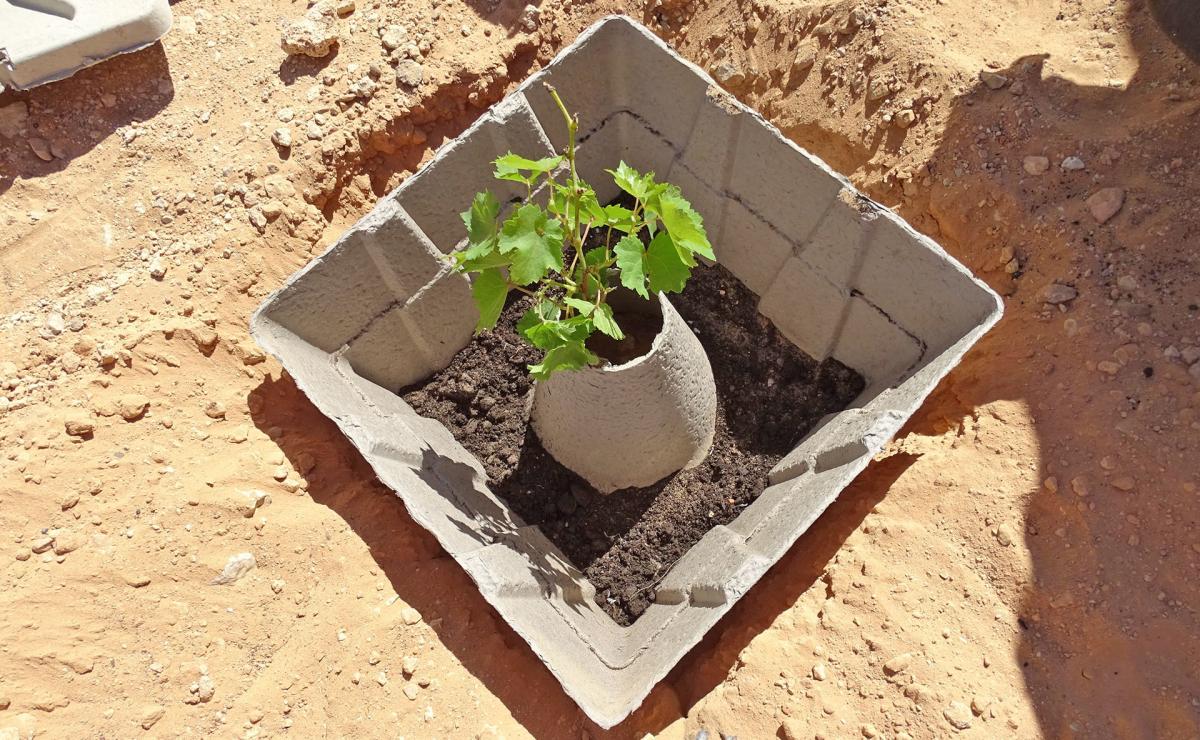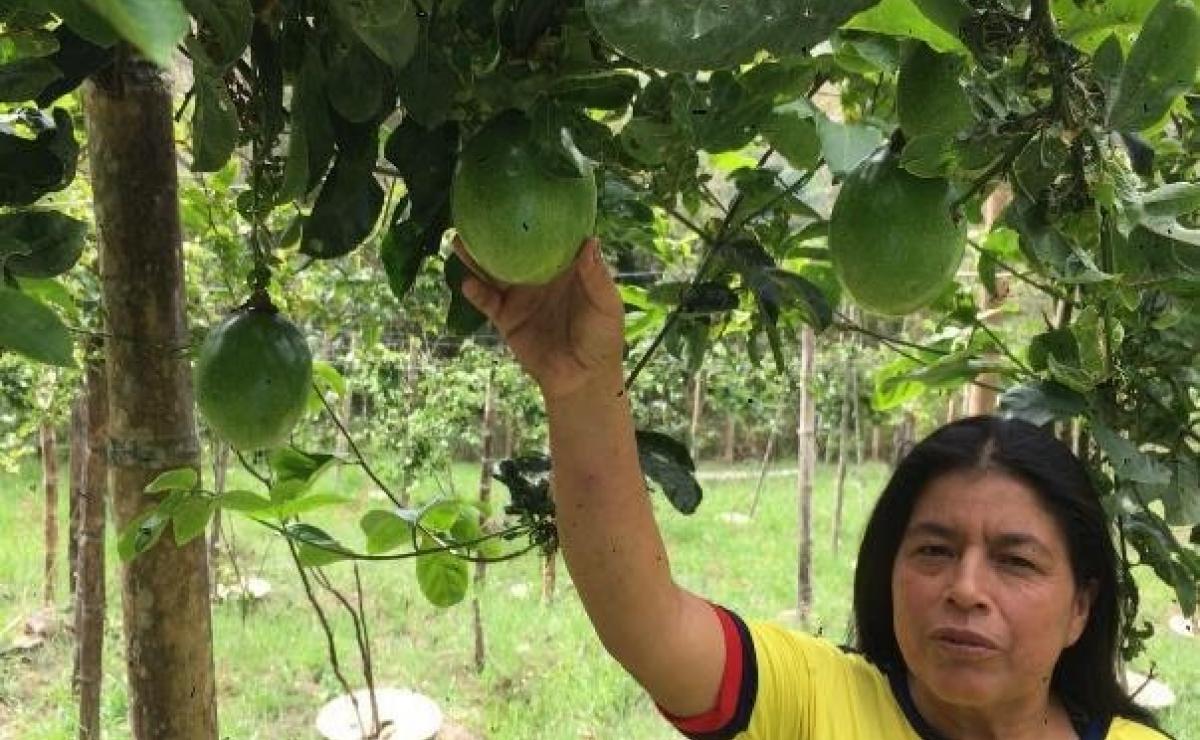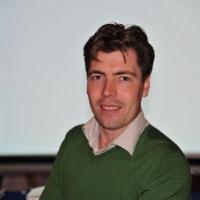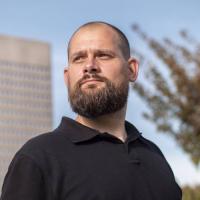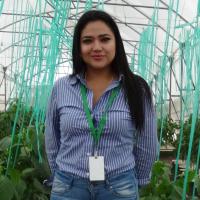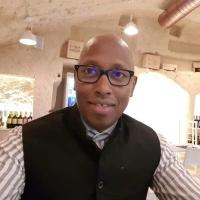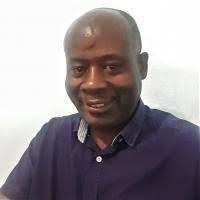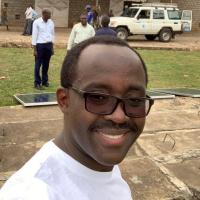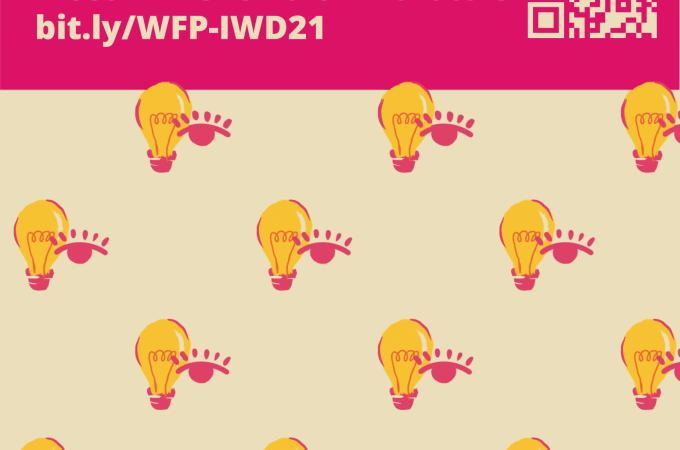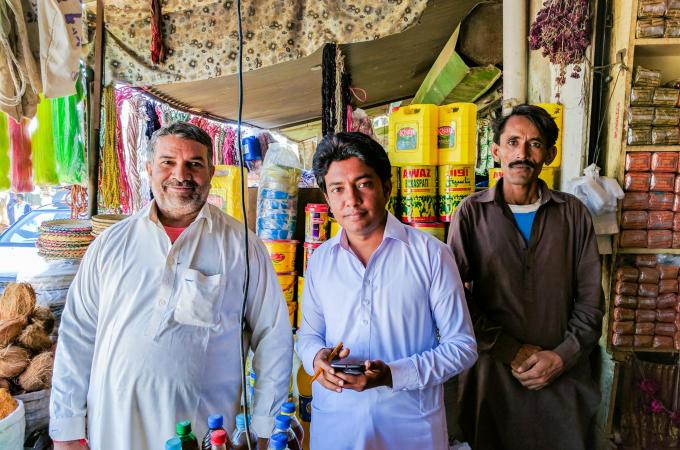It is estimated that upwards of two billion hectares (roughly 15%) of the world’s land surface area suffers from soil degradation, with a further 12 million hectares of arable land (an area equivalent to half the United Kingdom) lost every year due to droughts, desertification and over-exploitation.
Unfortunately, the problem of land degradation is very likely to get worse over time, as climate change and demographic pressures increase the need for food, water and sanitation. This imbalance of ecosystems is greatly endangering the ability of food systems to deliver nutritious food in a sustainable manner.




